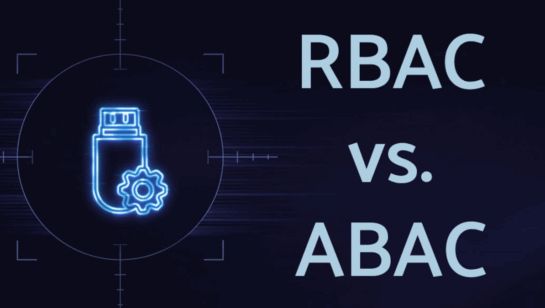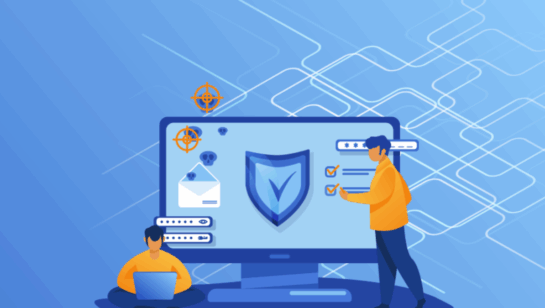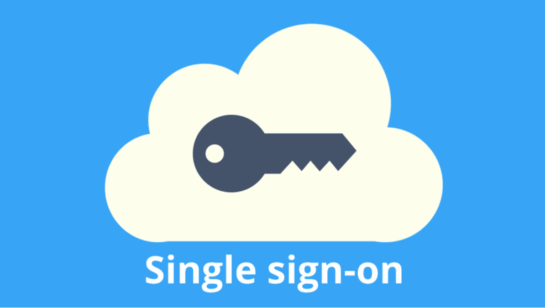Cloud computing refers to the delivery of computing services over the internet. Instead of storing data and running applications on a personal computer or local […]

Social engineering refers to the manipulation of individuals into divulging confidential information or performing actions that compromise security. This tactic exploits human psychology rather than […]

Access control plays a critical role in maintaining security within information technology environments. It regulates who can view or use resources in a computing environment, […]

The OAuth protocol is an open standard for access delegation, commonly used to enable secure authorization for applications and services. It plays a crucial role […]

Phishing attacks are a significant threat to organizations of all sizes, and they often target individuals within small to medium enterprises (SMEs). These attacks typically […]

Digital forensics involves the process of discovering, securing, examining, and presenting digital data in a way that can be accepted in a court of law. […]

Small and medium enterprises (SMEs) increasingly become targets for cyberattacks due to their often limited resources for cyber security. A significant portion of these cyber […]

Single Sign-On (SSO) solutions provide a streamlined method for managing user authentication across various applications and systems. This approach enhances security while simplifying user access, […]

Social hacking refers to the manipulation of individuals to gain access to confidential information or systems. It relies on psychological tactics rather than technical methods, […]


